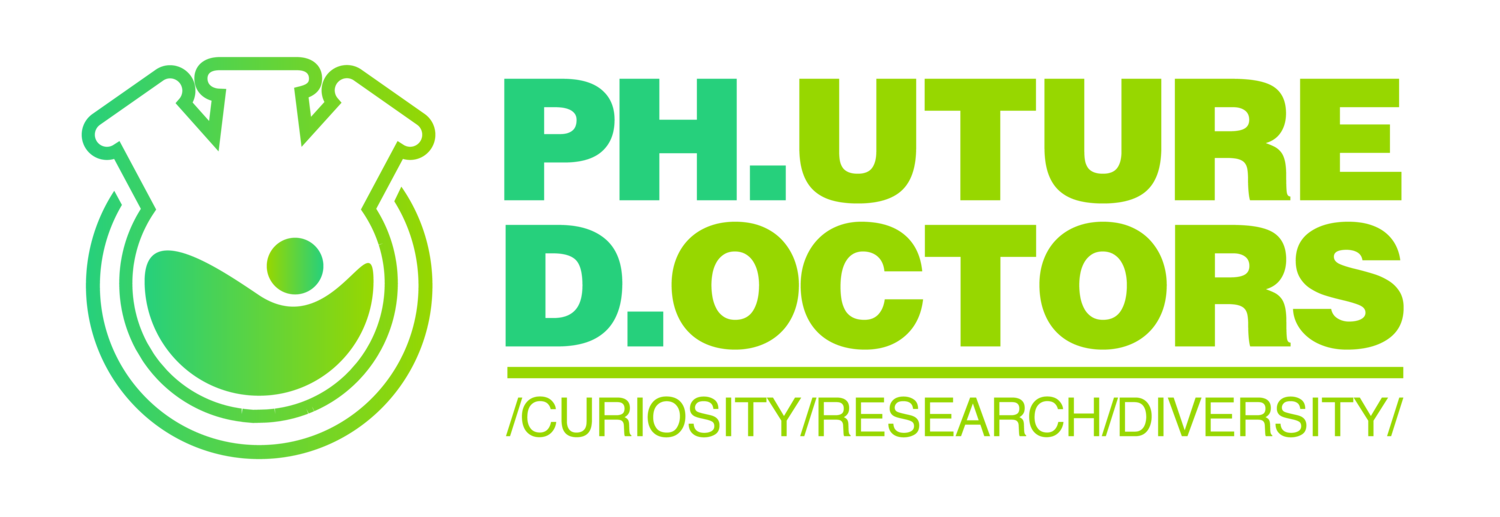When Funding Runs Out
“I wound up with an advisor that had a much better mentorship style for me”
1. Why did you switch labs?
I left my first lab in grad school because my advisor decided to leave academia and transition to an industry position. My advisor was a young investigator and essentially did not have the funds to continue to support my stipend and graduate tuition, so unfortunately there was no option for me but to find another lab.
2. Did you talk to your advisors about the issue before you left?
My advisor met with me in her office a month before I was supposed to re-take my phase 1 qualifying exam (because I had failed my first attempt 5 months previously) and informed me that I would need to find a new lab starting in the new year (half-way through my 3rd year in grad school). This piece of news was sort of the “icing on the cake” to an already extremely difficult year. At that point, I was sort of uninterested in talking about it further with that advisor at the time. In hindsight, I should have taken it less personally than I did, because at the end of the day it really wasn’t personal. I just didn’t have the capacity at the time to take it any other way.
3. How did you go about switching labs?
First, I completely put it out of my mind and spent the next month focused on studying for and passing my qualifying exam. After I passed my qualifying exam, I made a list of possible professors whose research I was interested in. I then sent out emails to a number of professors explaining my situation and asking if they had space for a graduate student and if they would be willing to meet and discuss me possibly joining their lab. I met with the person (an MD) who ended up being my dissertation advisor and in that meeting, he made it clear that I’d essentially be starting from scratch and that I would be learning an entirely new skill set. He gave me 6 months to come up with a completely new (and at the time unfunded) project and complete my phase 2 qualifying exam. I then had to secure the funding for my project (a clinical trial for chemobrain) which I did through VICTR, and had to get the project off the ground and run it.
4. Was it worth it?
It was definitely the harder route to take and it added 2 ½ years of time to grad school, but I would still say it was worth it. Don’t get me wrong, I thought about quitting A LOT (like SOOOO MUCH), but at the end of the day I wound up with an advisor that had a much better mentorship style for me and because I got to do a clinical trial I ended up with an extremely unique skill set for a Ph.D. The quality of training I received was better and more hands-on. I got the opportunity to work one-on-one with patient populations, I wound up with substantial experience in writing grants, IRBs, and running studies, none of which I would have gotten at the level I received in my previous lab. And most importantly, switching labs gave me the opportunity to develop my own project that I was passionate about.
5. How did it affect your mental health?
I think switching labs affected my mental health most profoundly. The stress of failing my phase 1 qualifying exam, having to switch labs, coming up with a whole new project and passing my phase 2 qualifying exam was a lot to handle for 1 year. The whole experience made me question everything that I thought I knew about myself as a scientist and as a human being and led to a bit of an existential crisis. Looking back, I was probably depressed, but I did seek help through the Psychological Counseling Center to help me navigate the difficult time I was having and come up with more effective coping strategies than binge-watching Netflix. My friend and family were also extremely supportive and helped me get through that situation.
6. What are some positive things you can take away from your previous lab situation?
I think if anything it taught me that I can survive anything! Haha. But really, that was such a difficult transition, and the whole experience of failing quals and switching labs really challenged my belief in myself on such a fundamental level, but I came out a much stronger person and a better scientist. I am grateful to my previous advisor for providing me with a home and a lab family during my first 3 ½ years of grad school because I really did love the people I worked with in that lab. I am also grateful for the skills that I learned in her lab because it made me more well-rounded and provided a foundation for some skills that I’ll be expanding on in my post-doc. It also really taught me what kind of mentorship style works best for me.
About the author
Jennifer works on understanding the benefits of cognitive rehabilitation for breast cancer survivors as a postdoc at Vanderbilt University. Aside from spending her free time practicing her archery skills, traveling with her husband, or playing video games. Read her Phuture Doctor Profile here


